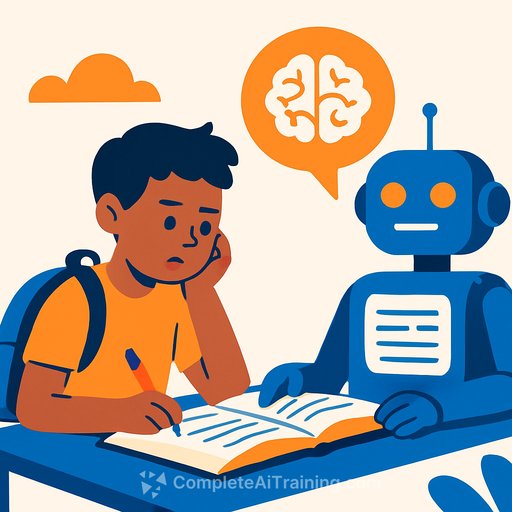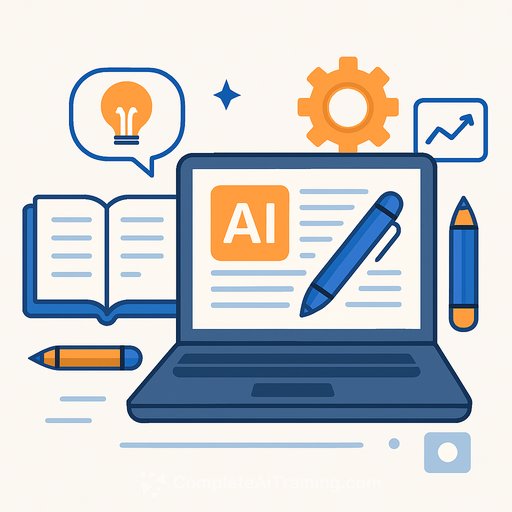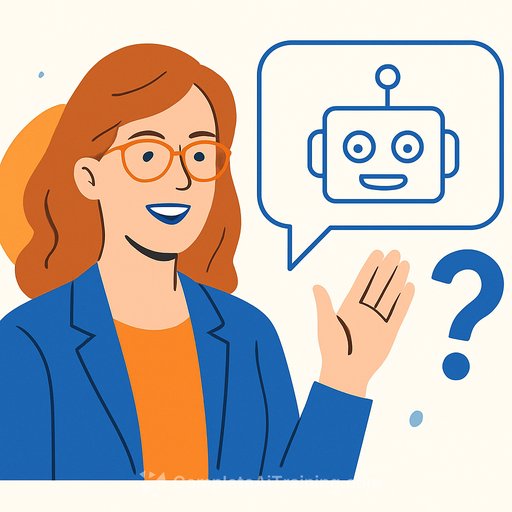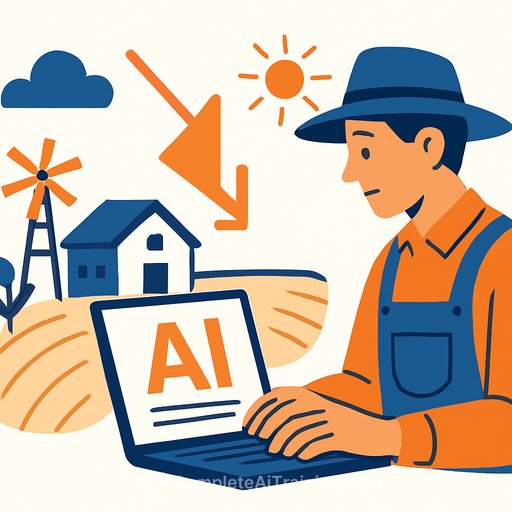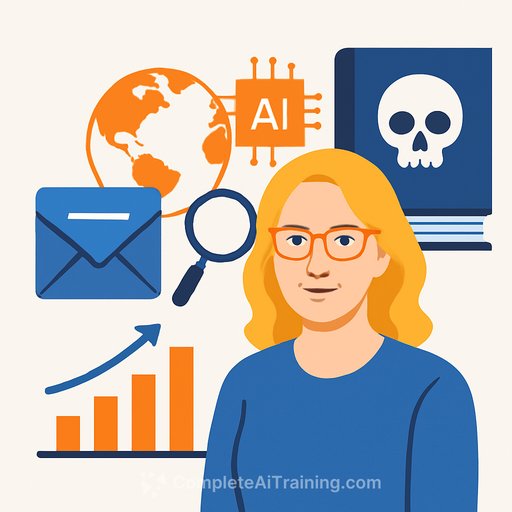AI and the Decline of Traditional Reading: What Writers Should Know
Artificial intelligence is changing how information is consumed, especially in education. AI tools that summarize books, generate content, or discuss texts can make the act of reading feel less necessary. But this shift has consequences, particularly for students still developing their skills.
The Shift in Learning Habits
Students now have instant access to summaries and analyses at their fingertips. While this quick access can be helpful, it risks replacing the patience and effort needed for deep reading. Relying on AI-generated content often means missing out on engaging with the full text and the critical thinking it encourages.
Why Deep Reading Still Matters
Deep reading is more than just finishing a book. It builds critical thinking, empathy, and the ability to question and reflect on complex ideas. These skills are essential for writers and students alike. When students skip this process, they lose the chance to develop a richer understanding and sharper analytical abilities.
The Educator’s Role in Balancing AI Use
Teachers must guide students to find balance. Emphasizing the value of traditional reading alongside AI tools can help maintain important cognitive skills. Discussions about the limits of AI and the irreplaceable value of human insight are crucial for fostering thoughtful learning.
Conclusion: What Students and Writers Stand to Lose
While AI can be a helpful tool, overreliance on it risks making reading books seem obsolete. Students who skip traditional reading miss out on critical benefits that shape strong writers and thinkers. Prioritizing deep reading and critical analysis ensures skills remain sharp and meaningful in an AI-driven age.
For writers interested in how AI tools intersect with learning and creativity, exploring AI-related courses and resources can provide practical insights into using AI without losing the value of human thought.
Your membership also unlocks:

